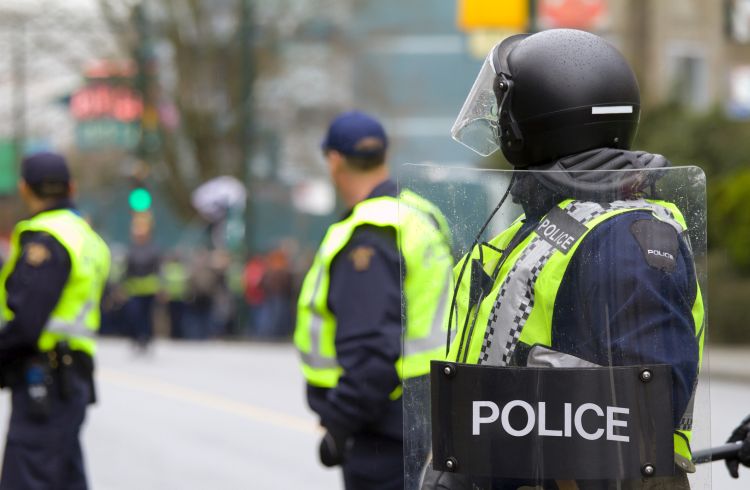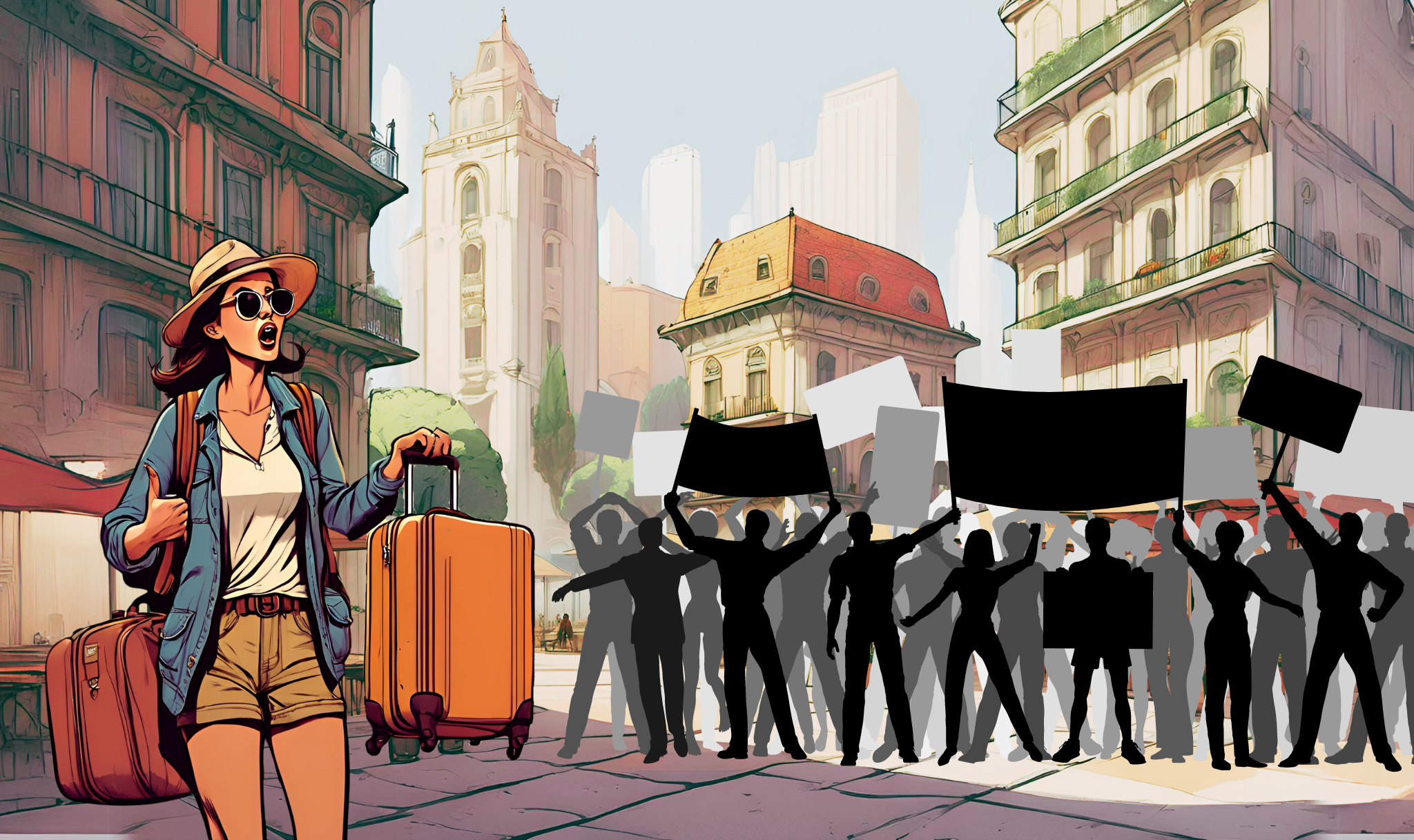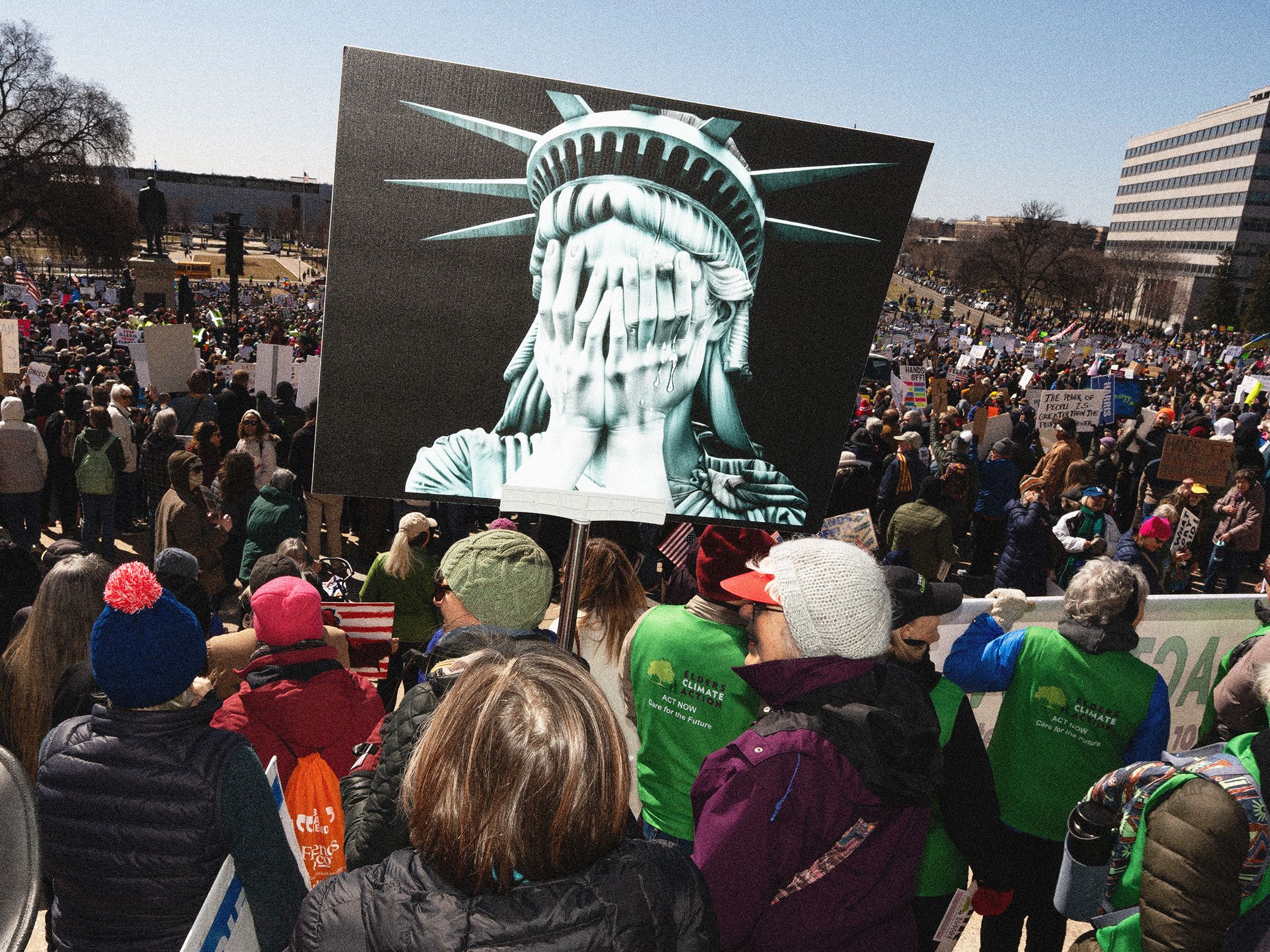Alright, so you’re thinking about jetting off to a place that’s, let’s say, a bit more “lively” on the political front than your average tourist trap. I’ve done my fair share of travel to spots where things can get a bit unpredictable, and it’s definitely not something you just wing.

Honestly, the first time I considered a trip to a country with some simmering tensions, I almost brushed it off. “How different can it be?” I thought. Well, pretty different, turns out. It’s not about being scared, it’s about being smart. For me, it all starts way before I even think about packing a bag.
My Pre-Trip Ritual – No Shortcuts Here
First thing I always do is deep-dive into research. I’m not talking about a quick glance at a travel blog. I mean serious, down-in-the-weeds reading. I check out my government’s travel advisories – those things are gold. They tell you which areas to avoid, what kind of troubles are common, the whole nine yards. I also read news from local sources, if I can find them in English, and international reports. You want a full picture, not just the glossy brochure version.
Then, insurance. And I mean good insurance. Not the cheapo policy that barely covers a twisted ankle. I look for plans that specifically mention coverage for political evacuation or civil unrest. Sounds dramatic, I know, but trust me, if you ever need it, you’ll thank your past self forking out the extra cash. I once skimped on this, years ago, never again. Luckily, nothing happened, but the “what if” kept me up at nights.
Here’s something a lot of people skip: I register my trip with my embassy. It’s usually a simple online form. That way, if things really go south, they know I’m in the country and roughly where I am. It’s a small step, takes maybe ten minutes, but it’s a good safety net.
I also figure out my communication plan. Will my phone work? Should I get a local SIM card as soon as I land? For some really remote or unstable places I’ve been, I even considered a satellite phone, though thankfully haven’t needed to go that far yet. But knowing how you’ll stay in touch is key.

On the Ground – Blending In and Staying Aware
Once I’m actually there, my whole approach changes. I try to blend in as much as possible. That means leaving the flashy jewelry and expensive camera gear at home, or at least keeping it very discreet. I dress modestly, often taking cues from how local people dress. The goal is to not look like a tourist with money, because that can make you a target.
I always keep a low profile. No loud, obnoxious behavior. I avoid drawing attention to myself. I’m there to observe and experience, not to be the main event. This includes being super careful about taking photos, especially of official buildings, police, or military personnel. You just don’t know how that’ll be perceived.
Getting reliable information on the ground is crucial. I talk to hotel staff, local guides I trust, or other expats who’ve been there a while. They often have a much better sense of the current mood and any potential flashpoints than the international news. I learned this the hard way once when a “small, peaceful protest” reported on TV was actually blocking all the main roads out of the city I was in. Local knowledge helped me find a back route.
- Avoid crowds and demonstrations: This sounds like a no-brainer, but curiosity can be a strong pull. If I see a large gathering or protest forming, I go the other way. Period. It’s not worth getting caught up in something you don’t understand.
- Know your surroundings: I always have a basic mental map of where I am, where my accommodation is, and maybe a couple of escape routes if needed. I also identify a few safe havens, like my hotel, a reputable café, or even the embassy if it’s close.
- Copies of documents: I keep digital and physical copies of my passport, visa, and insurance, stored separately from the originals. If you lose your passport, having a copy makes getting a replacement much, much easier.
I also make sure I have a small emergency stash of cash in US dollars or Euros, hidden away. Not a lot, but enough to get me through a day or two if ATMs go down or cards stop working, which can happen when things get unstable.
It might sound like a lot of work, or like it takes the fun out of travel. And yeah, it’s definitely more effort than just showing up at a resort. But for me, doing this prep and staying aware means I can actually relax a bit more, knowing I’ve done what I can to stay safe. It’s about being a responsible traveler, especially when you’re a guest in a country that’s going through a tough time. It’s all about respect, for the place and for your own well-being.










